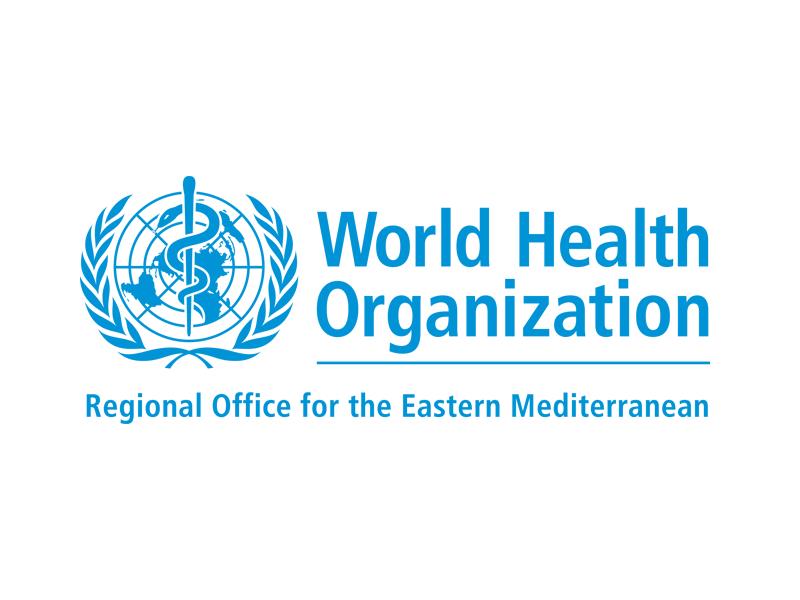
The World Health Organization classified on Monday addiction to video games as a new mental health condition.
In its latest revision to the International Classification of Diseases (ICD), it described addiction to digital and video gaming as “a pattern of persistent or recurrent gaming behavior” that becomes so extensive that it “takes precedence over other life interests”.
It said that classifying "Gaming Disorder" as a separate condition will "serve a public health purpose for countries to be better prepared to identify this issue."
“It enables us to understand so much about what makes people get sick and die, and to take action to prevent suffering and save lives,” WHO Director-General Tedros Adhanom Ghebreyesus said in a statement as the ICD was published.
Dr. Shekhar Saxena, director of WHOs department for mental health, said WHO accepted the proposal that Gaming Disorder should be listed as a new problem based on scientific evidence, in addition to "the need and the demand for treatment in many parts of the world."
Dr. Joan Harvey, a spokeswoman for the British Psychological Society, warned that the new designation might cause unnecessary concern among parents and said only a minority of gamers would be affected.
Others welcomed the move, saying it was critical to identify video game addicts quickly because they are usually teenagers or young adults who dont seek help themselves.
"We come across parents who are distraught, not only because theyre seeing their child drop out of school, but because theyre seeing an entire family structure fall apart," said Dr. Henrietta Bowden-Jones, a spokeswoman for behavioral addictions at Britains Royal College of Psychiatrists. She was not connected to WHOs decision.
Bowden-Jones said gaming addictions were usually best treated with psychological therapies but that some medicines might also work.
Dr. Mark Griffiths, who has been researching the concept of video gaming disorder for 30 years, said the new classification would help legitimize the problem and strengthen treatment strategies.
He estimated that the percentage of video game players with a compulsive problem was likely to be extremely small — much less than 1 percent — and that many such people would likely have other underlying problems, like depression, bipolar disorder or autism.
The ICD, which has been updated over the past 10 years, now covers 55,000 injuries, diseases and causes of death. It forms a basis for the WHO and other experts to see and respond to trends in health.
This latest version - known as ICD-11 - is completely electronic for the first time, in an effort to make it more accessible to doctors and other health workers around the world.
ICD-11 also includes changes to sexual health classifications and has a new chapter on traditional medicine.
The updated ICD is scheduled to be presented to WHO member states at their annual World Health Assembly in May 2019 for adoption in January 2022, the WHO said in a statement.












